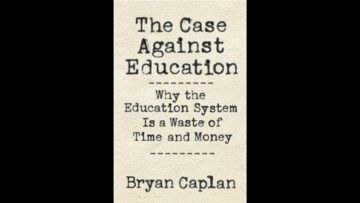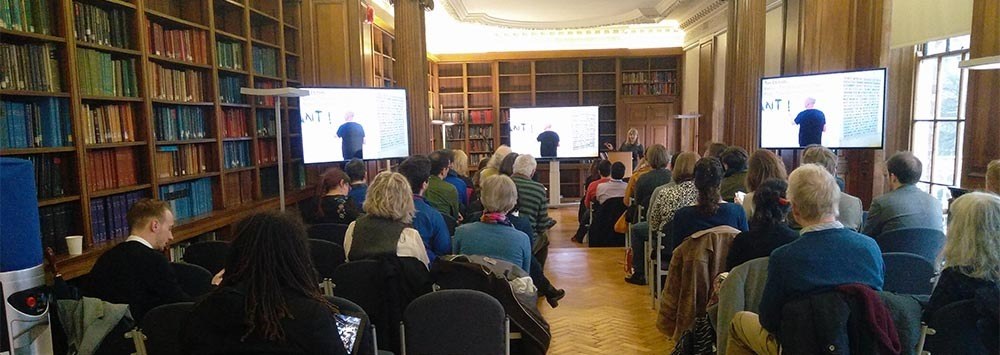by Fabio Tollon

We have always been a technological species. From the use of basic tools to advanced new forms of social media, we are creatures who do not just live in the world but actively seek to change it. However, we now live in a time where many believe that modern technology, especially advances driven by artificial intelligence (AI), will come to challenge our responsibility practices. Digital nudges can remind you of your mother’s birthday, ToneCheck can make sure you only write nice emails to your boss, and your smart fridge can tell you when you’ve run out of milk. The point is that our lives have always been enmeshed with technology, but our current predicament seems categorically different from anything that has come before. The technologies at our disposal today are not merely tools to various ends, but rather come to bear on our characters by importantly influencing many of our morally laden decisions and actions.
One way in which this might happen is when sufficiently autonomous technology “acts” in such a way as to challenge our usual practices of ascribing responsibility. When an AI system performs an action that results in some event that has moral significance (and where we would normally deem it appropriate to attribute moral responsibility to human agents) it seems natural that people would still have emotional responses in these situations. This is especially true if the AI is perceived as having agential characteristics. If a self-driving car harms a human being, it would be quite natural for bystanders to feel anger at the cause of the harm. However, it seems incoherent to feel angry at a chunk of metal, no matter how autonomous it might be.
Thus, we seem to have two questions here: the first is whether our responses are fitting, given the situation. The second is an empirical question of whether in fact people will behave in this way when confronted with such autonomous systems. Naturally, as a philosopher, I will try not to speculate too much with respect to the second question, and thus what I say here is mostly concerned with the first. Read more »



 Philosophy, as we teach it in the U.S. and Europe, originated in Ancient Greece, specifically in the person of Socrates who wandered the marketplace tormenting fellow citizens with incessant questions and losing his life for his efforts. For Socrates, there was one overriding question that not only defined philosophy and distinguished it from other inquiries but was a question all human beings should urgently and persistently ask. What is the best life for human beings? His answer was that only a life in pursuit of wisdom regarding what is good could be fully satisfying and complete. The implication was that philosophy was not only a way of life but the best form of life possible since it was uniquely the job of philosophy to discover wisdom.
Philosophy, as we teach it in the U.S. and Europe, originated in Ancient Greece, specifically in the person of Socrates who wandered the marketplace tormenting fellow citizens with incessant questions and losing his life for his efforts. For Socrates, there was one overriding question that not only defined philosophy and distinguished it from other inquiries but was a question all human beings should urgently and persistently ask. What is the best life for human beings? His answer was that only a life in pursuit of wisdom regarding what is good could be fully satisfying and complete. The implication was that philosophy was not only a way of life but the best form of life possible since it was uniquely the job of philosophy to discover wisdom.
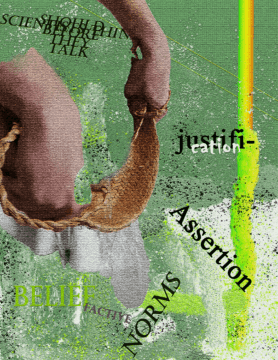

 have instrumental value. That is, the value of given technology lies in the various ways in which we can use it, no more, and no less. For example, the value of a hammer lies in our ability to make use of it to hit nails into things. Cars are valuable insofar as we can use them to get from A to B with the bare minimum of physical exertion. This way of viewing technology has immense intuitive appeal, but I think it is ultimately unconvincing. More specifically, I want to argue that technological artifacts are capable of embodying value. Some argue that this value is to be accounted for in terms of the
have instrumental value. That is, the value of given technology lies in the various ways in which we can use it, no more, and no less. For example, the value of a hammer lies in our ability to make use of it to hit nails into things. Cars are valuable insofar as we can use them to get from A to B with the bare minimum of physical exertion. This way of viewing technology has immense intuitive appeal, but I think it is ultimately unconvincing. More specifically, I want to argue that technological artifacts are capable of embodying value. Some argue that this value is to be accounted for in terms of the  For many wine lovers, understanding wine is hard work. We study maps of wine regions and their climates, learn about grape varietals and their characteristics, and delve into various techniques for making wine, trying to understand their influence on the final product. Then we learn a complex but arcane vocabulary for describing what we’re tasting and go to the trouble of decanting, choosing the right glass, and organizing a tasting procedure, all before getting down to the business of tasting. This business of tasting is also difficult. We sip, swish, and spit trying to extract every nuance of the wine and then puzzle over the whys and wherefores, all while comparing what we drink to other similar wines. Some of us even take copious notes to help us remember, for future reference, what this tasting experience was like.
For many wine lovers, understanding wine is hard work. We study maps of wine regions and their climates, learn about grape varietals and their characteristics, and delve into various techniques for making wine, trying to understand their influence on the final product. Then we learn a complex but arcane vocabulary for describing what we’re tasting and go to the trouble of decanting, choosing the right glass, and organizing a tasting procedure, all before getting down to the business of tasting. This business of tasting is also difficult. We sip, swish, and spit trying to extract every nuance of the wine and then puzzle over the whys and wherefores, all while comparing what we drink to other similar wines. Some of us even take copious notes to help us remember, for future reference, what this tasting experience was like. One problem plaguing contemporary anti-Cartesians (pragmatists, Wittgensteinians, hermeneutic philosophers, etc.) is that it can seem that we are competing against each other, trying to do better than everyone else what we all want to do: get past the dualisms and other infelicities of the modern picture while at the same time absorbing its lessons and retaining its good aspects. We waste our time fighting each other instead of our common enemy. Why is it so hard to see ourselves as all on the same team?
One problem plaguing contemporary anti-Cartesians (pragmatists, Wittgensteinians, hermeneutic philosophers, etc.) is that it can seem that we are competing against each other, trying to do better than everyone else what we all want to do: get past the dualisms and other infelicities of the modern picture while at the same time absorbing its lessons and retaining its good aspects. We waste our time fighting each other instead of our common enemy. Why is it so hard to see ourselves as all on the same team?
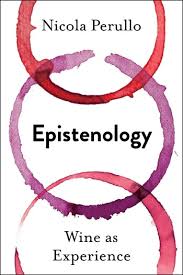 Epistenology: Wine as Experience
Epistenology: Wine as Experience
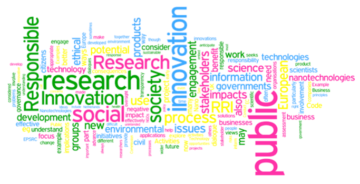
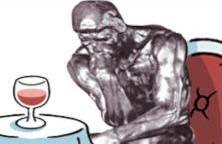 Philosophy has been an ongoing enterprise for at least 2500 years in what we now call the West and has even more ancient roots in Asia. But until the mid-2000’s you would never have encountered something called “the philosophy of wine.” Over the past 15 years there have been several monographs and a few anthologies devoted to the topic, although it is hardly a central topic in philosophy. About such a discourse, one might legitimately ask why philosophers should be discussing wine at all, and why anyone interested in wine should pay heed to what philosophers have to say.
Philosophy has been an ongoing enterprise for at least 2500 years in what we now call the West and has even more ancient roots in Asia. But until the mid-2000’s you would never have encountered something called “the philosophy of wine.” Over the past 15 years there have been several monographs and a few anthologies devoted to the topic, although it is hardly a central topic in philosophy. About such a discourse, one might legitimately ask why philosophers should be discussing wine at all, and why anyone interested in wine should pay heed to what philosophers have to say. If one enters the name “Ellen Page” into the search box at
If one enters the name “Ellen Page” into the search box at 
